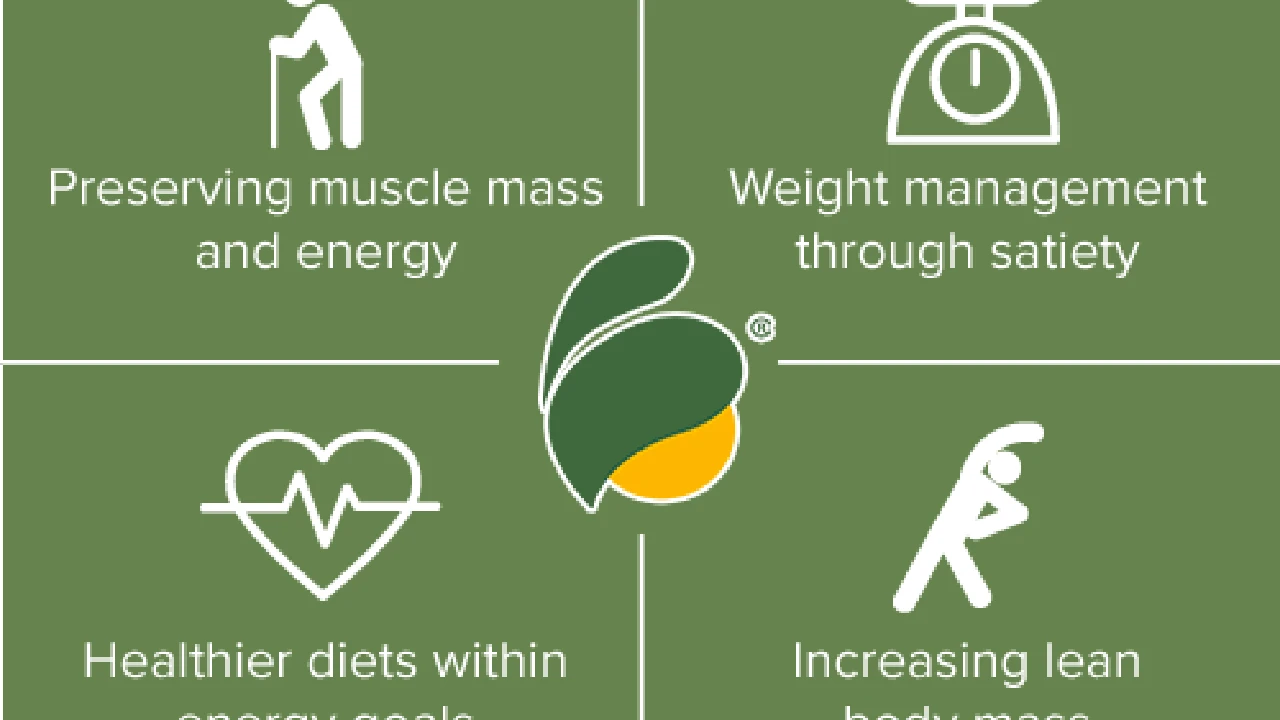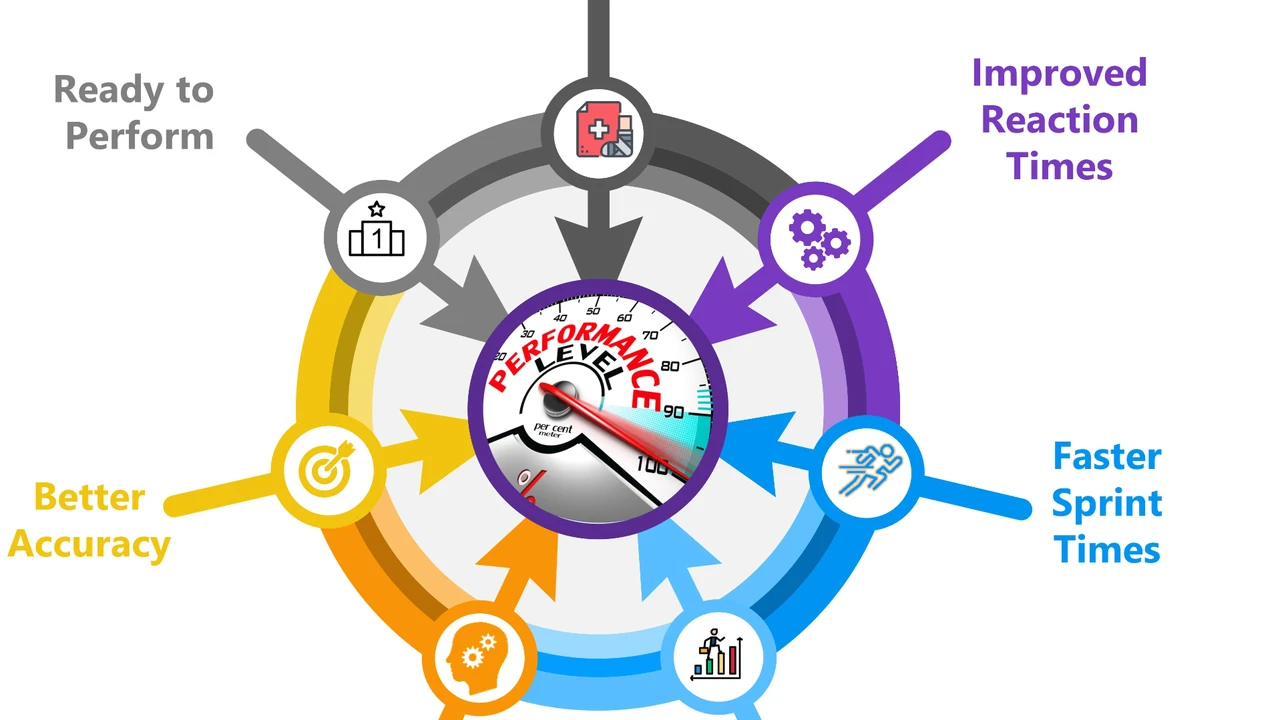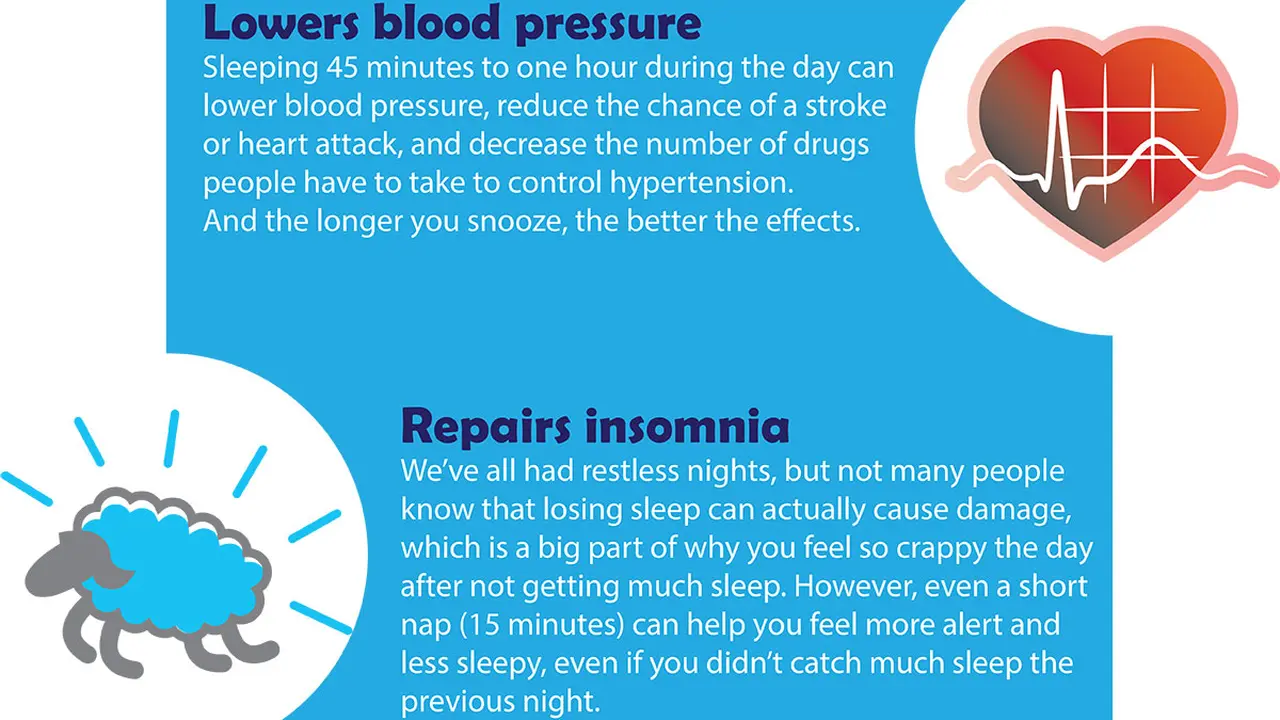The Benefits of Plant-Based Diets for Health and the Environment
Discover the benefits of plant-based diets for your health and the environment. Learn about the nutritional advantages and ethical considerations of plant-based eating. Discover how to make a positive impact on your well-being and the planet.

Plant-Based Diets What Are They Exactly
Okay, so you’ve probably heard the buzz about plant-based diets. But what does it *really* mean? Simply put, a plant-based diet emphasizes foods derived from plants. This includes fruits, vegetables, legumes, nuts, seeds, and whole grains. It doesn’t necessarily mean you have to become a strict vegan or vegetarian overnight. It's more about shifting your focus to plant-derived foods and reducing your intake of animal products.
Health Benefits of Plant-Based Eating A Deep Dive
Let's get into the nitty-gritty – the health perks! Eating more plants can seriously boost your well-being. Here's the breakdown:
Heart Health and Plant Based Choices
Plant-based diets are naturally lower in saturated fat and cholesterol, which are major contributors to heart disease. Studies consistently show that people who eat primarily plant-based diets have a lower risk of heart disease, stroke, and high blood pressure. Think about it – loading up on colorful veggies and fruits means you're also getting a ton of antioxidants, which protect your heart.
Weight Management and Plant Based Meals
Trying to shed a few pounds? Plant-based diets can be your secret weapon. They're typically lower in calories and higher in fiber. Fiber keeps you feeling full and satisfied, which helps prevent overeating. Plus, plant-based foods are often less processed than animal products, meaning you're cutting out a lot of hidden sugars and unhealthy fats.
Diabetes Prevention with Plant Based Foods
Plant-based diets can improve insulin sensitivity and blood sugar control, making them an excellent choice for preventing and managing type 2 diabetes. The high fiber content slows down the absorption of sugar into the bloodstream, preventing those nasty blood sugar spikes and crashes. Think whole grains, beans, and lentils – they're your friends!
Cancer Risk Reduction and Plant Based Options
Many plant-based foods are packed with antioxidants and phytonutrients, which have been shown to protect against certain types of cancer. For example, cruciferous vegetables like broccoli, cauliflower, and kale contain compounds that can help detoxify cancer-causing substances. Eating a rainbow of fruits and vegetables is a delicious way to fight cancer!
Improved Digestion Through Plant Based Eating
Fiber is the key to a happy gut! Plant-based diets are rich in fiber, which promotes healthy digestion and prevents constipation. Fiber also feeds the beneficial bacteria in your gut, which are essential for overall health. It’s a win-win!
Ethical Considerations of Plant-Based Diets A Moral Compass
Beyond the health benefits, there are strong ethical reasons to consider a plant-based diet. Many people are concerned about animal welfare and the conditions in which animals are raised for food. By reducing or eliminating animal products, you can support more humane and sustainable farming practices.
Factory farming often involves confining animals in cramped and unsanitary conditions. Plant-based diets reduce the demand for these practices and support a more compassionate approach to food production.
Environmental Impact of Plant-Based Choices Saving the Planet One Bite at a Time
The environmental impact of animal agriculture is significant. Raising livestock requires vast amounts of land, water, and resources. It also contributes to greenhouse gas emissions, deforestation, and water pollution. Plant-based diets have a much smaller environmental footprint.
Reduced Greenhouse Gas Emissions and Plant Based Choices
Animal agriculture is a major contributor to greenhouse gas emissions, particularly methane, which is a potent greenhouse gas. Plant-based diets significantly reduce these emissions, helping to combat climate change.
Less Water Consumption with Plant Based Options
Producing animal products requires significantly more water than producing plant-based foods. Plant-based diets conserve water resources, which are increasingly scarce in many parts of the world.
Reduced Land Use Through Plant Based Eating
Raising livestock requires vast amounts of land for grazing and growing feed crops. Plant-based diets require less land, which can help protect forests and biodiversity.
Making the Transition to a Plant-Based Diet Practical Tips
Okay, so you’re sold on the idea of eating more plants. But where do you start? Here are some practical tips to make the transition easier:
Start Small Baby Steps
You don’t have to go all-in overnight. Start by incorporating more plant-based meals into your week. Try Meatless Mondays or swap out one animal product per day for a plant-based alternative.
Explore Plant-Based Recipes
There are tons of delicious plant-based recipes online and in cookbooks. Experiment with different cuisines and ingredients to find what you enjoy. Don’t be afraid to try new things!
Focus on Whole Foods
Prioritize whole, unprocessed plant-based foods like fruits, vegetables, legumes, nuts, and whole grains. These foods are packed with nutrients and fiber.
Read Labels Carefully
Be mindful of hidden animal products in processed foods. Read labels carefully and look for plant-based alternatives.
Find Support
Join a plant-based community or find a friend who is also interested in eating more plants. Sharing recipes, tips, and encouragement can make the transition easier.
Plant-Based Product Recommendations and Comparisons
Alright, let's get specific. Here are some plant-based product recommendations, usage scenarios, comparisons, and pricing to help you on your journey:
Plant-Based Protein Powders Fueling Your Workouts
Recommendation: Garden of Life Sport Organic Plant-Based Protein
Usage Scenario: Post-workout recovery, meal replacement shake, or adding to smoothies.
Comparison: Compared to whey protein, plant-based protein is often easier to digest and doesn’t contain dairy. Garden of Life is organic and third-party tested for quality.
Price: Approximately $45 for a 20-serving container.
Plant-Based Milk Alternatives Creamy and Delicious
Recommendation: Oatly Oat Milk
Usage Scenario: Cereal, coffee, baking, or drinking straight from the carton (we won't judge!).
Comparison: Oat milk is creamier than almond milk and more sustainable than cashew milk. Oatly is a popular brand known for its taste and texture.
Price: Approximately $4 per carton.
Plant-Based Meat Alternatives Satisfying Your Cravings
Recommendation: Beyond Meat Burgers
Usage Scenario: Grilling, pan-frying, or using in burger recipes.
Comparison: Beyond Meat burgers are designed to mimic the taste and texture of beef burgers. They are higher in protein than many other plant-based burgers.
Price: Approximately $6 for a pack of two burgers.
Plant-Based Cheese Alternatives Adding Flavor to Your Dishes
Recommendation: Miyoko's Kitchen Cultured Vegan Mozzarella
Usage Scenario: Pizza, salads, sandwiches, or snacking.
Comparison: Miyoko's Kitchen uses traditional cheesemaking techniques to create vegan cheese that is creamy and flavorful. It melts well and has a texture similar to dairy mozzarella.
Price: Approximately $10 per ball.
Plant-Based Yogurt Alternatives A Gut-Friendly Treat
Recommendation: So Delicious Coconutmilk Yogurt Alternative
Usage Scenario: Breakfast, snacks, or desserts.
Comparison: Coconutmilk yogurt is creamy and rich in flavor. So Delicious offers a variety of flavors and is a good source of probiotics.
Price: Approximately $2 per container.
Plant-Based Diets Are They Right for Everyone
While plant-based diets offer numerous benefits, it’s important to consider your individual needs and preferences. Some people may need to pay extra attention to certain nutrients, such as vitamin B12, iron, and omega-3 fatty acids, which are more readily available in animal products. However, these nutrients can be obtained through fortified foods or supplements.
It’s also a good idea to consult with a healthcare professional or registered dietitian before making any major dietary changes, especially if you have any underlying health conditions.
Final Thoughts Embrace the Power of Plants
Plant-based diets are a powerful tool for improving your health, supporting animal welfare, and protecting the environment. Whether you’re a seasoned vegan or just starting to explore plant-based eating, there are plenty of delicious and nutritious options to choose from. So, embrace the power of plants and discover the many benefits of a plant-based lifestyle!
:max_bytes(150000):strip_icc()/277019-baked-pork-chops-with-cream-of-mushroom-soup-DDMFS-beauty-4x3-BG-7505-5762b731cf30447d9cbbbbbf387beafa.jpg)





